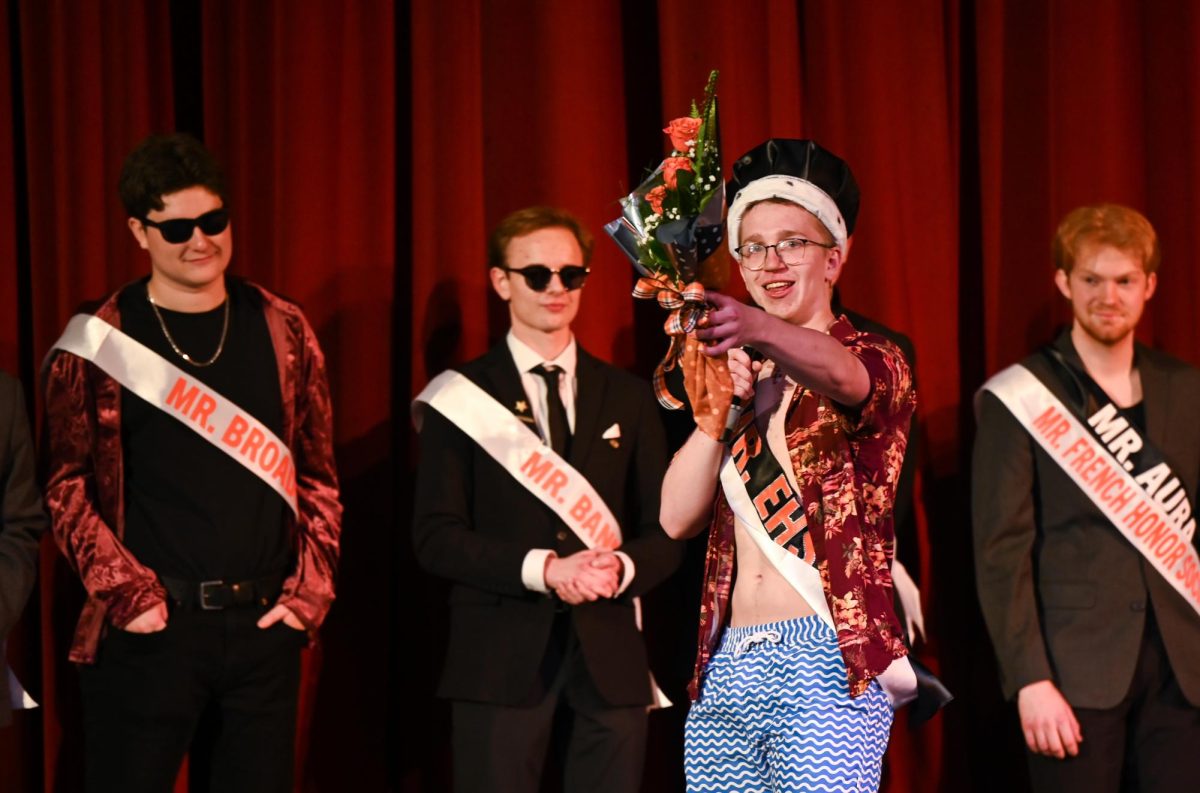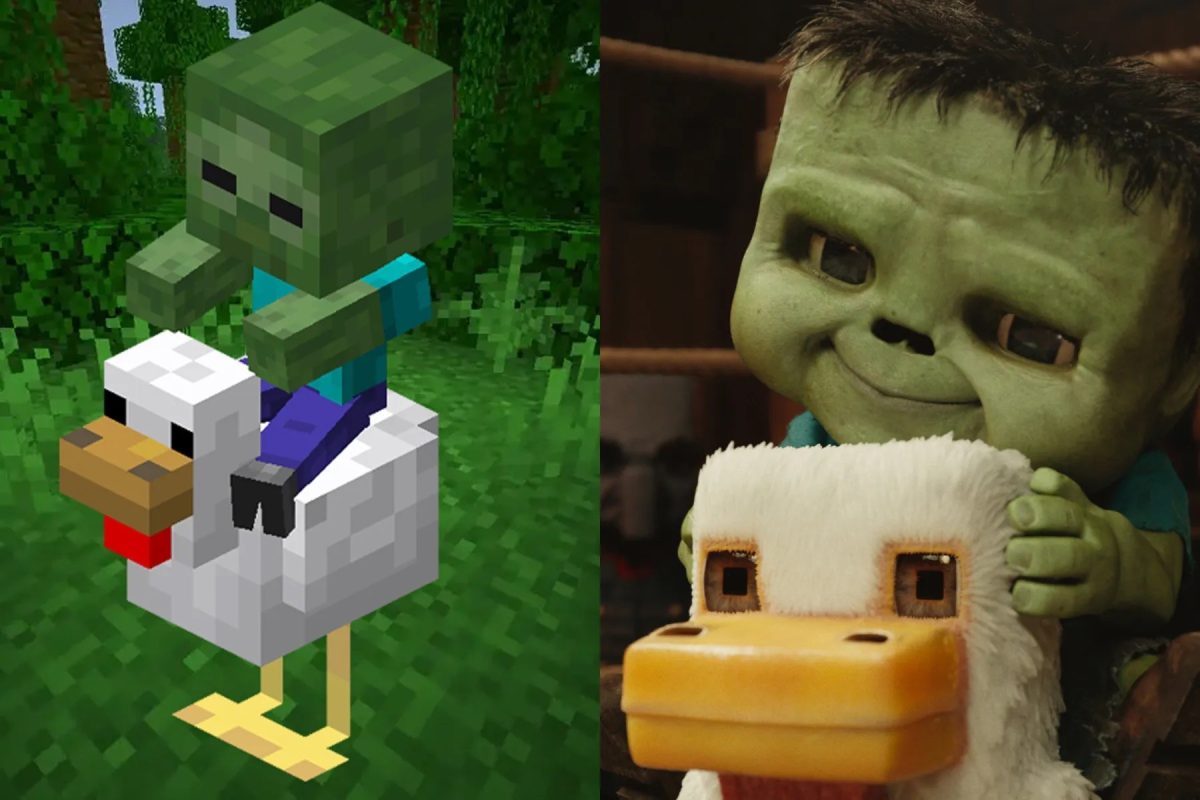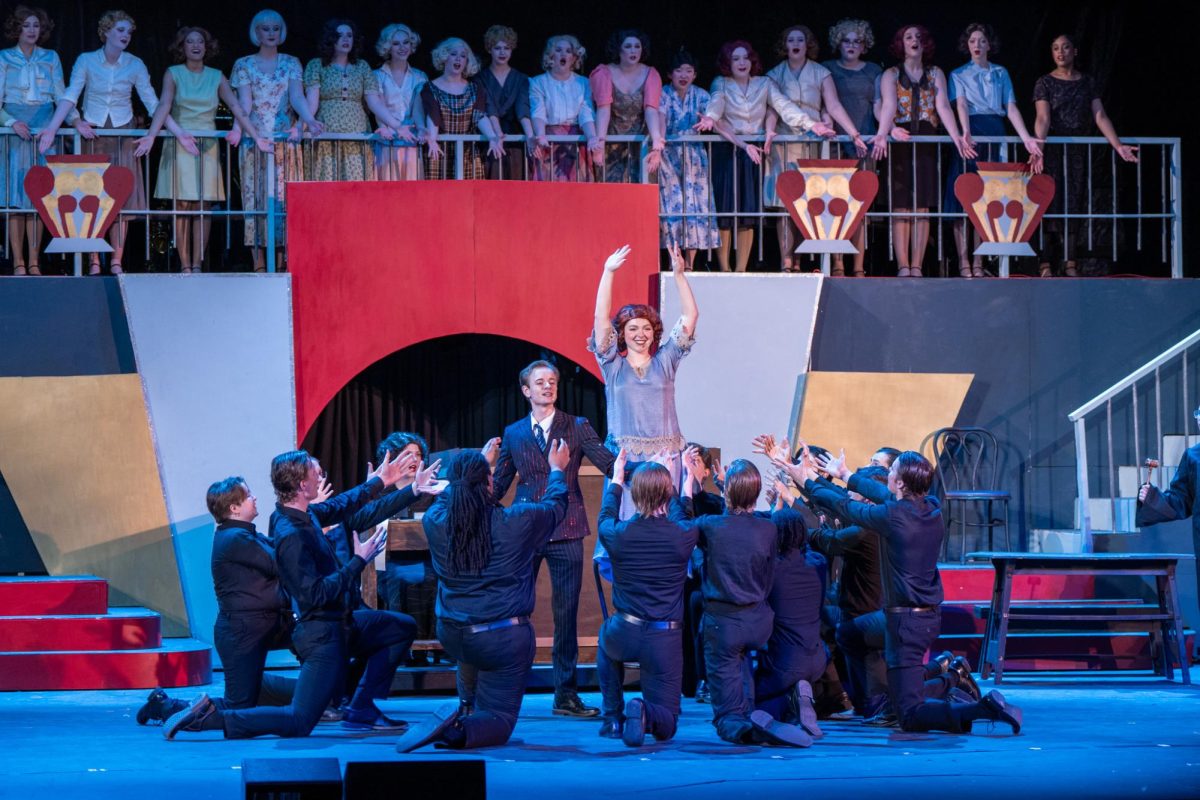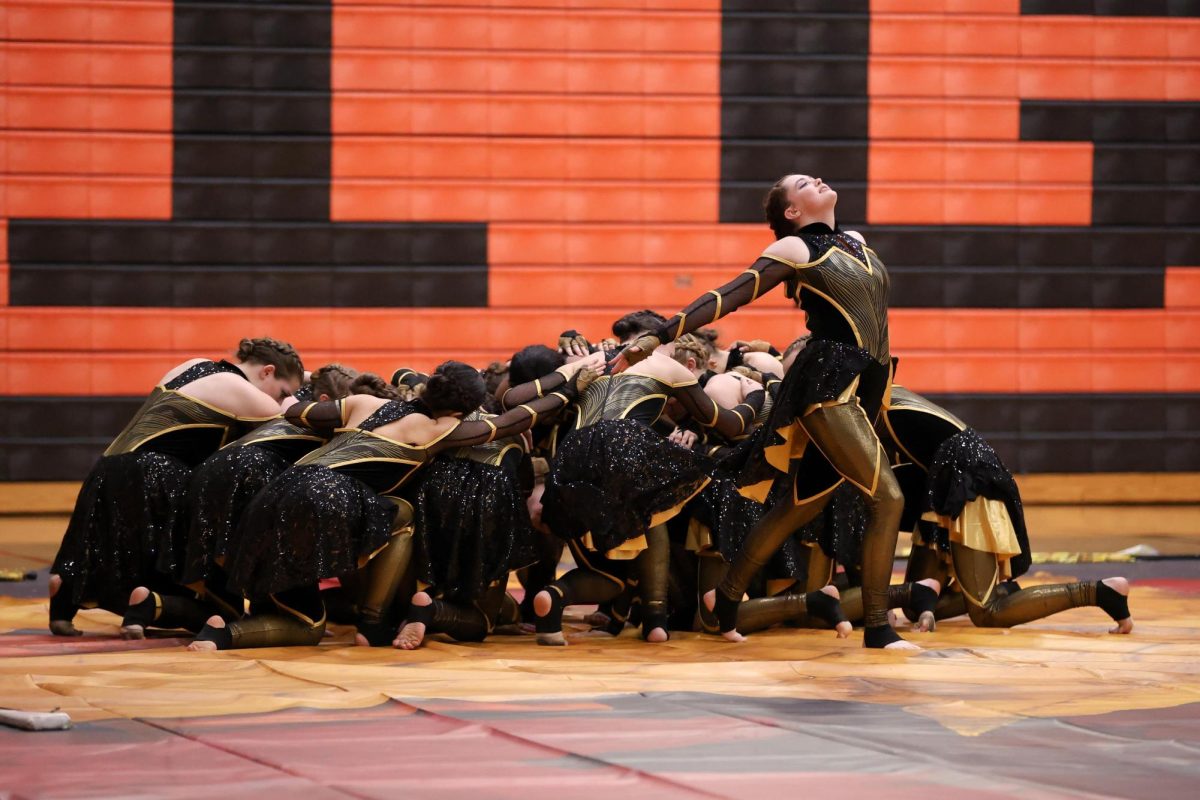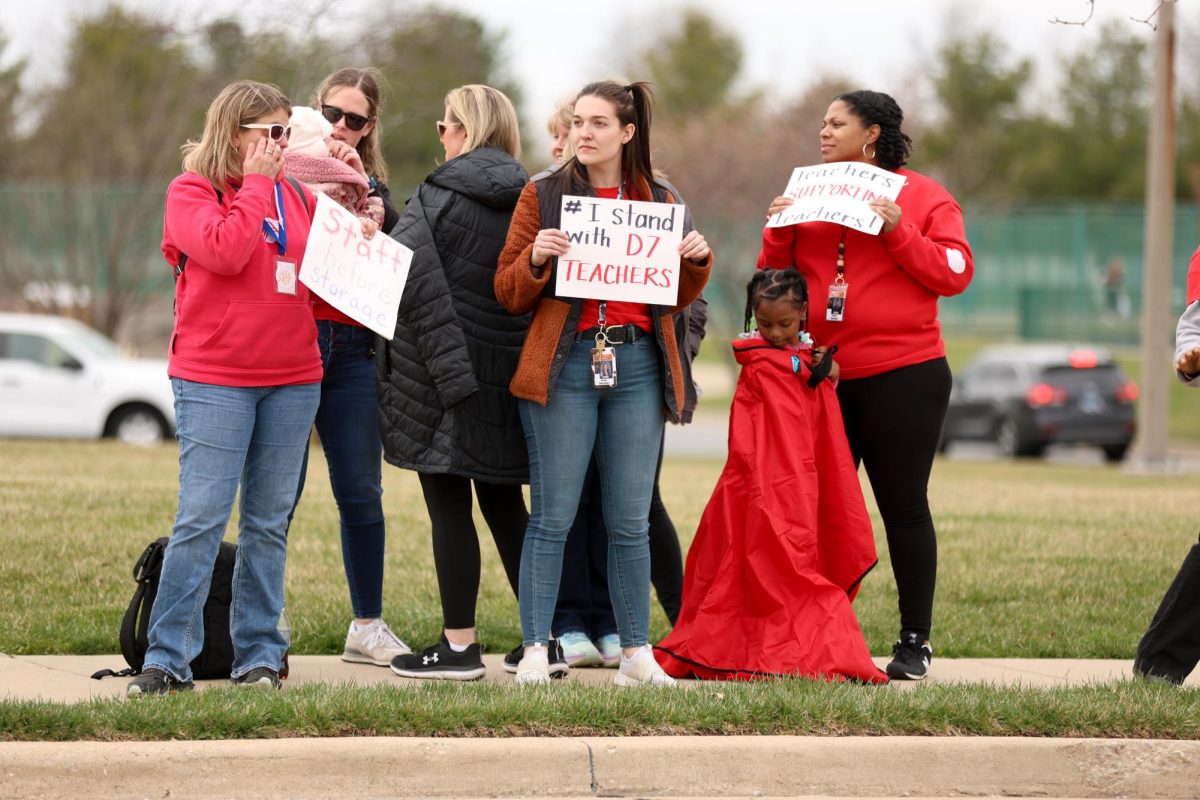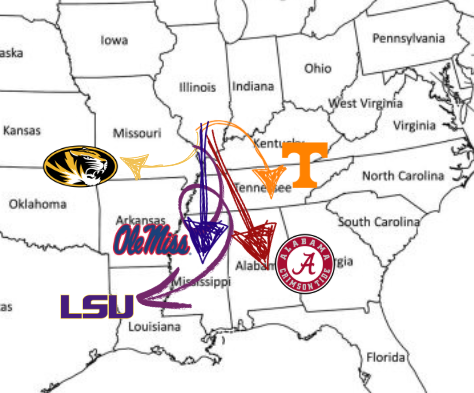Cadaver Lab Proves to be ‘Fascinating’ for Students
April 21, 2023
In most biology classes, most students would think about dissecting frogs, rats or worms. But what about looking inside a human body?
On Thursday, several science classes visited Saint Louis University to take part in the “cadaver lab,” which means a human body with the intent for dissection. Science classes that went included AP Biology, Anatomy & Physiology and Honors Biology 2, but other upperclassmen could go as well.
The cadavers are donated to SLU for the purpose of researching but are also used for students, at SLU or area high schools, to learn from.
“I thought the cadaver lab was a very interesting and once in a lifetime experience, because I have never really been near or around a dead body, so it was a really fascinating to see,” senior Mya Boeser, who is in Environmental Science, said. “I was also amazed at how comfortable the people were touching the body.”
Students who went on the field trip were able to experience something that would help most biology students with their respective career paths.
“The lab solidified my path into medicine,” senior Ivanna Gonzalez, who took AP Biology last year, said. “I saw the med students working on the bodies and realized that I want that to be me someday.”
Students were able to see all parts of the organs and structures of the human body, and even hold some of it, like the ribcage. The face and private areas were hidden for privacy and ethics, but the rest was open for students to see.
“Though it might’ve been hard for some people to look at, I was actually interested in looking at the face and lower part of the body,” Boeser said. “Also, students were only given the opportunity to touch certain parts of the body, so I wish we could’ve participated a little more.”
The bodies are used for research and other purposes, but after they are used, the university holds a memorial service for their dedication to science. It also gives the families more relief because a proper funeral wasn’t possible.
“I think the environment was very respectful to the cadavers, but it’s definitely interesting to think about the ethics,” senior Adelaide Fensterman, who is in AP Biology, said. “All in all, the people decided to donate their bodies to science to help people learn things, and I think we all appreciate that.”
SLU and the science teachers were able to give EHS students an experience that most times isn’t available until college. A cadaver is a big part in learning the biology of humans, because without them we wouldn’t know how the body works.
“At first, I wasn’t sure if I would feel queasy looking at the body,” Boeser said, “but now I think I might be interested in learning more about how the body works.”





